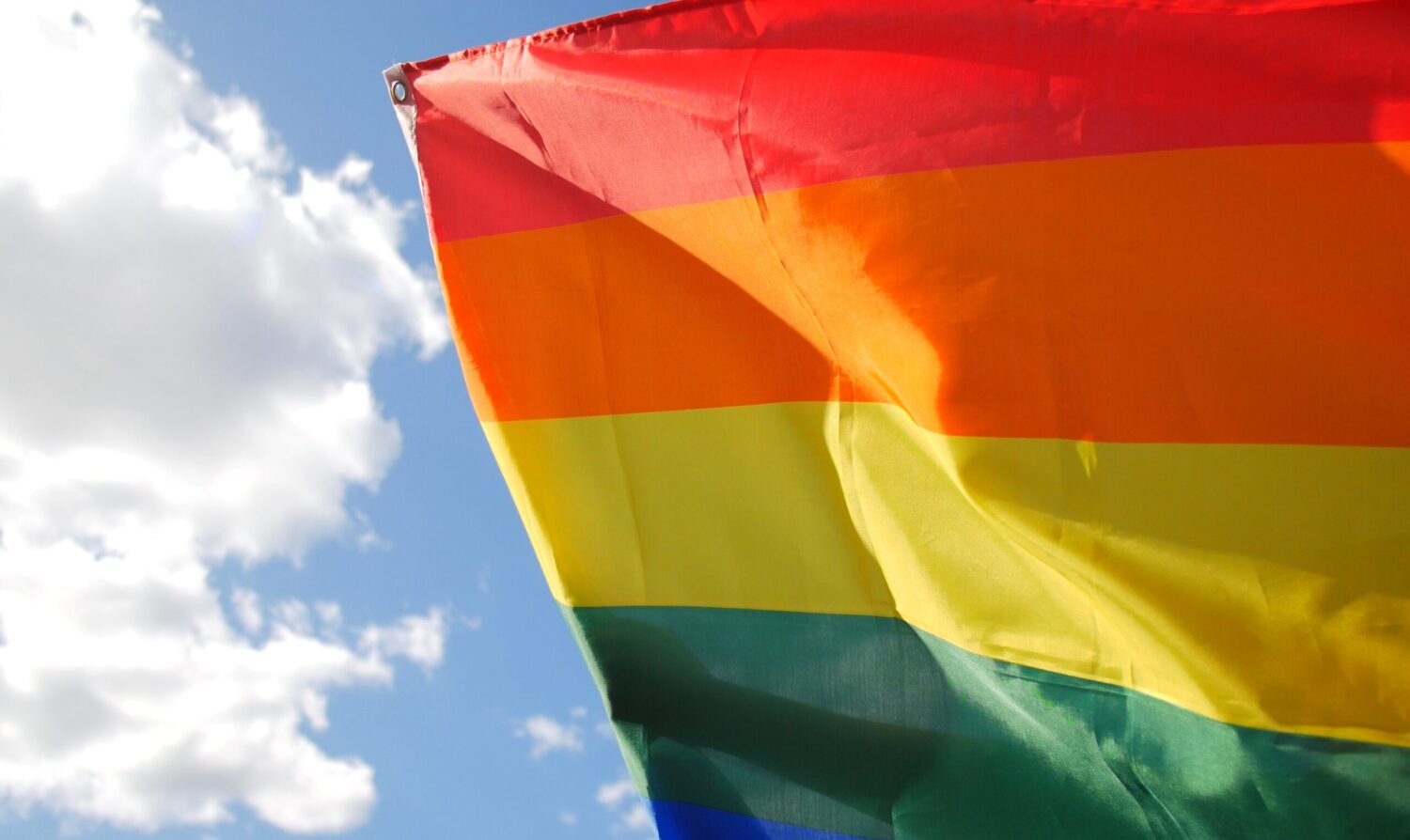Bipolar is a type of mental health condition that can occur on a varied scale. Individuals with bipolar can experience mood swings, from feeling highly elevated and euphoric (known as ‘mania’), which may last for several days, followed by anger, irritability, or depression. Alternatively, an individual can have less pronounced highs but more significant depressive episodes. The last symptom can be when a person fluctuates from high to low relatively quickly. He also needs to develop a skill compromise in relationships psychology Which will help him cope with this problem. More about things that can help can be found on the mental health website https://mentalmasterylab.com
There are two types of bipolar:
- Bipolar I consists of a manic episode followed by depression.
- Bipolar II is characterised by racing thoughts and high energy levels (known as ‘hypomania’, which is not as extreme as mania), with more pronounced periods of depression than bipolar I.
Bipolar can start in teenagers and can span to any age. It can have a significant impact on social interactions and relationships. The condition can lead to isolation and loneliness, as it can be challenging for family and friends to manage and understand.
If you are experiencing any of these symptoms or have been diagnosed with Bipolar. In that case, it’s important to seek the help of a medical professional or GP, which will generally involve treatment with medication.
Symptoms of Bipolar may include:
- Recurring feelings of sadness or anger.
- Feeling Irritable
- Extreme mood swings from sad and low to high and elevated.
- Lack of energy or interest in doing things you used to enjoy.
- Sleep problems – excessive sleeping in depressive periods or being unable to sleep in high periods.
- Low self-esteem and confidence.
- Racing thoughts and feeling invincible.
- Excessive alcohol and drug use.
- Spending money you don’t have.
- Engaging in excessive sexual activity and risk-taking.
- Delusions and hallucinations.






